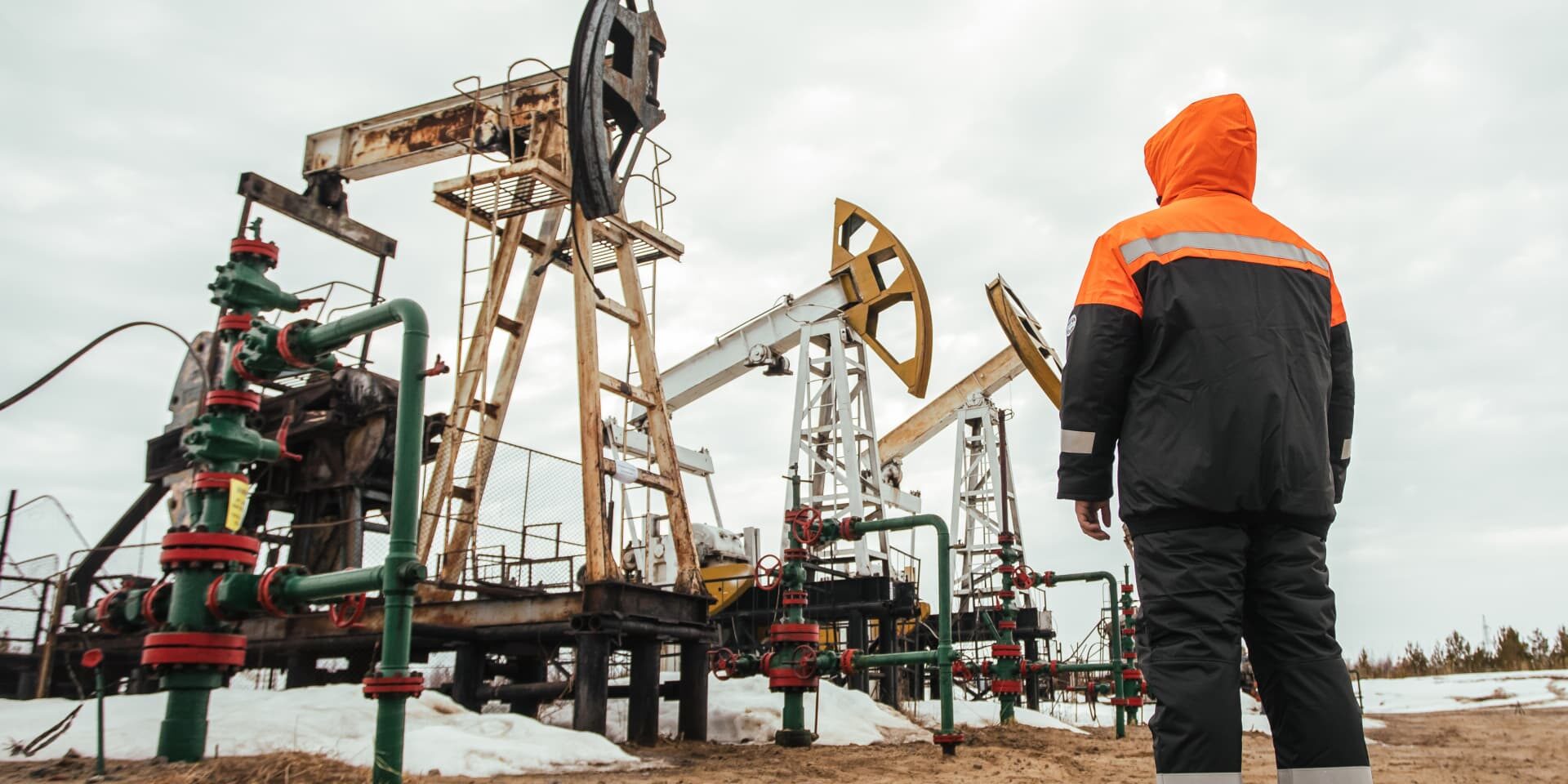Russia’s oil revenues rebounded in March and April, reaching the highest level since November of the previous year, according to a new report. This development strengthens President Vladimir Putin’s ability to finance the Kremlin’s activities in Ukraine.
An analysis published on Wednesday by the Centre for Research on Energy and Clean Air, an independent Finnish think tank, found that Russia’s revenues from oil exports have recovered from the levels reached in January and February.
These findings indicate that Moscow has managed to regain earnings from fossil fuel exports, despite the import bans imposed by the European Union and the broader G7 oil price cap late last year.
This comes less than a week after the Group of Seven (G7) leaders, at the conclusion of the Hiroshima Summit in Japan, acknowledged that the price cap on Russian oil and petroleum products was effective, resulting in decreased Russian revenues. They also mentioned that falling oil and gas prices were benefiting countries worldwide.
The developments in April serve as a warning of what may happen if action is not taken, according to Lauri Myllyvirta, lead analyst at the Centre for Research on Energy and Clean Air.
Energy analysts at CREA have suggested that the failure of the so-called Price Cap Coalition to revise price levels and enforce the policy has led to the measures “losing traction, integrity, and credibility.”
Myllyvirta, who is also the co-author of the report, stated, “Russia’s export revenue in April was substantially lower compared to the previous year, mainly due to the impact of the EU import ban and lower oil prices. This means that Russia’s budget will likely remain in deficit, limiting military expenses.”
He further added that Russia was able to export its main crude oil variety at prices that consistently exceeded the price cap level set by the U.S., EU, and their allies, exposing significant gaps in the enforcement of the price cap policy.
“If these enforcement gaps are not urgently addressed, it risks permanently breaking the price cap mechanism. This, in turn, would increase Russia’s expected tax incomes and make it easier to sustain the invasion. Therefore, the developments in April were primarily a warning of what may come unless action is taken,” Myllyvirta warned.
When contacted by CNBC, a spokesperson for the European Union declined to comment.
The recovery of Russia’s oil revenues is expected to continue. Data at the beginning of the year revealed a collapse in Russia’s revenue from fossil fuel exports in December, which highlighted the effectiveness of policies aimed at targeting Russia’s oil revenues and led to calls for even stronger measures to support Kyiv.
However, CREA’s latest findings show that Russia’s oil tax revenues increased by 6% month-on-month in April, thanks to the rise in export revenues in March.
It is important to note that the Kremlin’s revenues were still significantly lower than the levels recorded in April of the previous year when oil prices soared.
The report stated that the increase in export revenues in March resulted in a 5% month-on-month rebound in Russia’s mineral extraction tax receipts in April, with an even greater increase expected in May.
This means that after hitting a low point at the beginning of 2023, Russia’s oil tax revenues have recovered due to increased sales.
![]()




